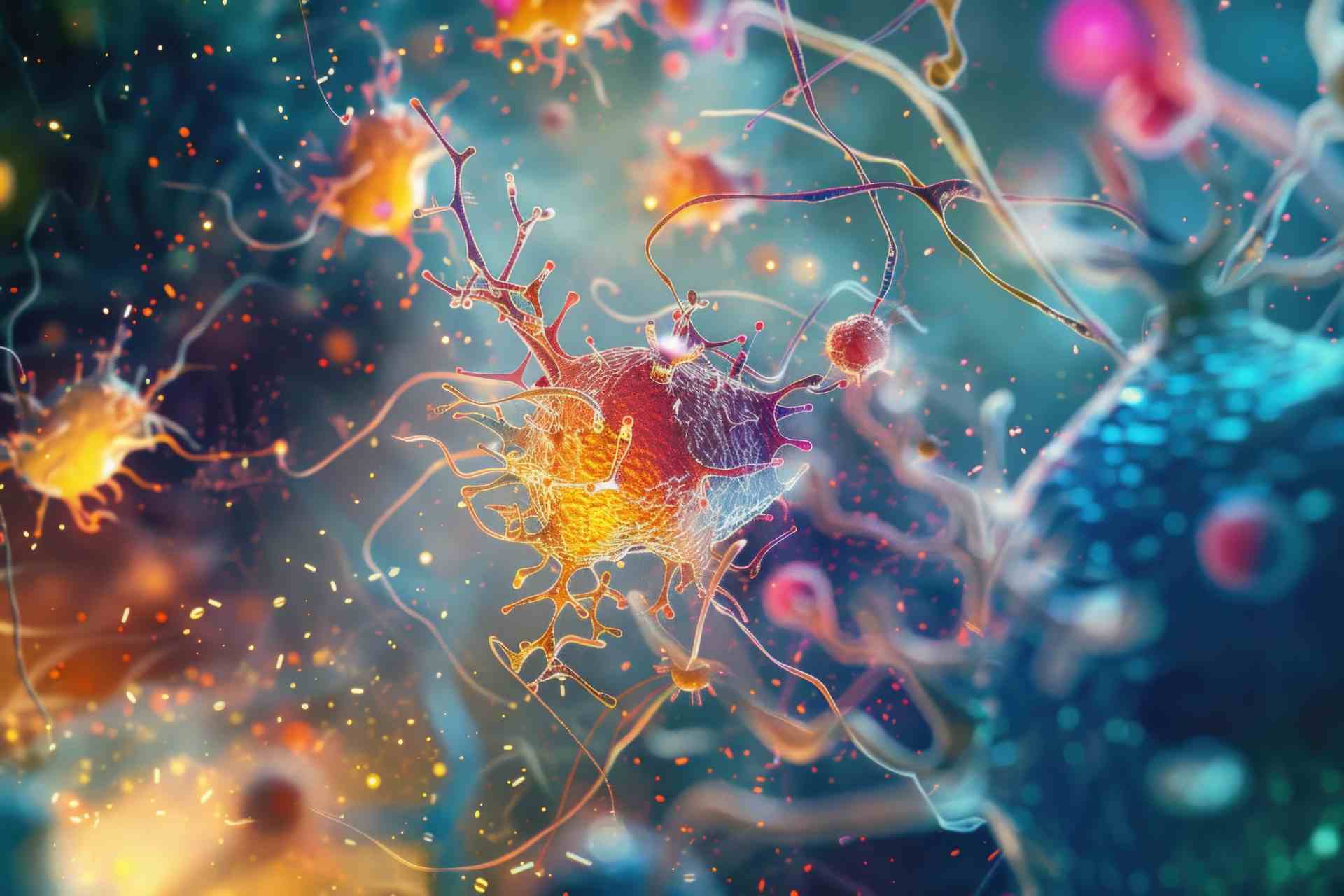What is already known
Scientists have known that aging induces alterations in the immune system that may impact a person’s response to immune checkpoint blockade — a type of treatment that involves the use of drugs to unleash the immune system against cancer cells. Accumulating evidence also suggests that gut microbes may influence the therapy’s efficacy. However, data on the efficacy of immune checkpoint blockade in older people are inconclusive.
What this research adds
Researchers analyzed previously published data from 25 small-to-mid-sized trials of immune checkpoint blockade involving more than 4,000 cancer patients and found increased responses to immunotherapy in older people. A microbial signature, which the researchers called E/AE enterotype, was associated with responsiveness to immunotherapy in more than 780 patients. Transferring these microbes into the guts of mice improved the animals’ response to immunotherapy, underscoring the therapeutic potential of the E/AE enterotype.
Conclusions
The findings highlight the importance of considering age-related immune changes and gut microbiota composition for developing personalized immunotherapy approaches.
Immunotherapy has revolutionized cancer treatment, yet variability in patient responses remains a challenge. By analyzing 25 trials of immunotherapy, researchers have now found that older people show increased responses to immune checkpoint blockade, a type of treatment that involves the use of drugs to unleash the immune system against cancer cells.
The findings, published in Cell Host & Microbe, highlight the importance of considering age-related immune changes and gut microbiota composition for developing customized immunotherapy strategies. “The ability to identify patients who are likely to respond favorably to immunotherapy based on their gut microbiota profile opens the door to personalized treatment approaches,” the researchers say.
Scientists have known that aging induces alterations in the immune system that may impact a person’s response to immune checkpoint blockade, and accumulating evidence suggests that gut microbes may influence the therapy’s efficacy. However, data on the efficacy of immune checkpoint blockade in older people are inconclusive.
So, researchers led by Xiaoqiang Zhu at Shanghai Jiao Tong University in Shanghai, China, analyzed previously published data from 25 small-to-mid-sized trials of immune checkpoint blockade involving more than 4,000 cancer patients.
Heightened response
The team found that patients older than 60 years showed more durable clinical benefits and overall higher responsiveness to immunotherapy compared to younger patients, particularly in melanoma and non-small cell lung cancer.
Cytotoxic T cells, a type of immune cells that are able to kill cancer cells, tended to be more active in older patients than in younger ones, the researchers found. This observation suggests that changes in T cell function may contribute to the increased responsiveness to immunotherapy observed in older patients.
The team also observed differences in gut microbiota composition between older and younger mice, with bacteria such as Akkermansia muciniphila being present at higher levels in animals that respond to immune checkpoint blockade therapy. In humans, those who received gut bacteria from older donors also tended to show a higher response to immunotherapy, regardless of the recipient’s age.
Therapeutic potential
Further analyses revealed a microbial signature, which the researchers called an enterotype enriched with aging (E/AE), that was associated with enhanced responsiveness to immunotherapy in more than 780 patients. The enterotype E/AE is characterized by Bacteroides, Ruminococcus and other bacteria that have been linked to improved response to immune checkpoint blockade.
Transferring these microbes into the guts of mice improved the animals’ response to immunotherapy and reduced tumor growth, the researchers found. These results suggest a crucial role of specific bacteria in enhancing response to immunotherapy and underscore the therapeutic potential of the E/AE enterotype, the researchers say.
“Implementing [fecal microbiota transplant] derived from individuals with the E/AE enterotype could potentially improve treatment outcomes and reshape the [tumor microenvironment],” they add.









